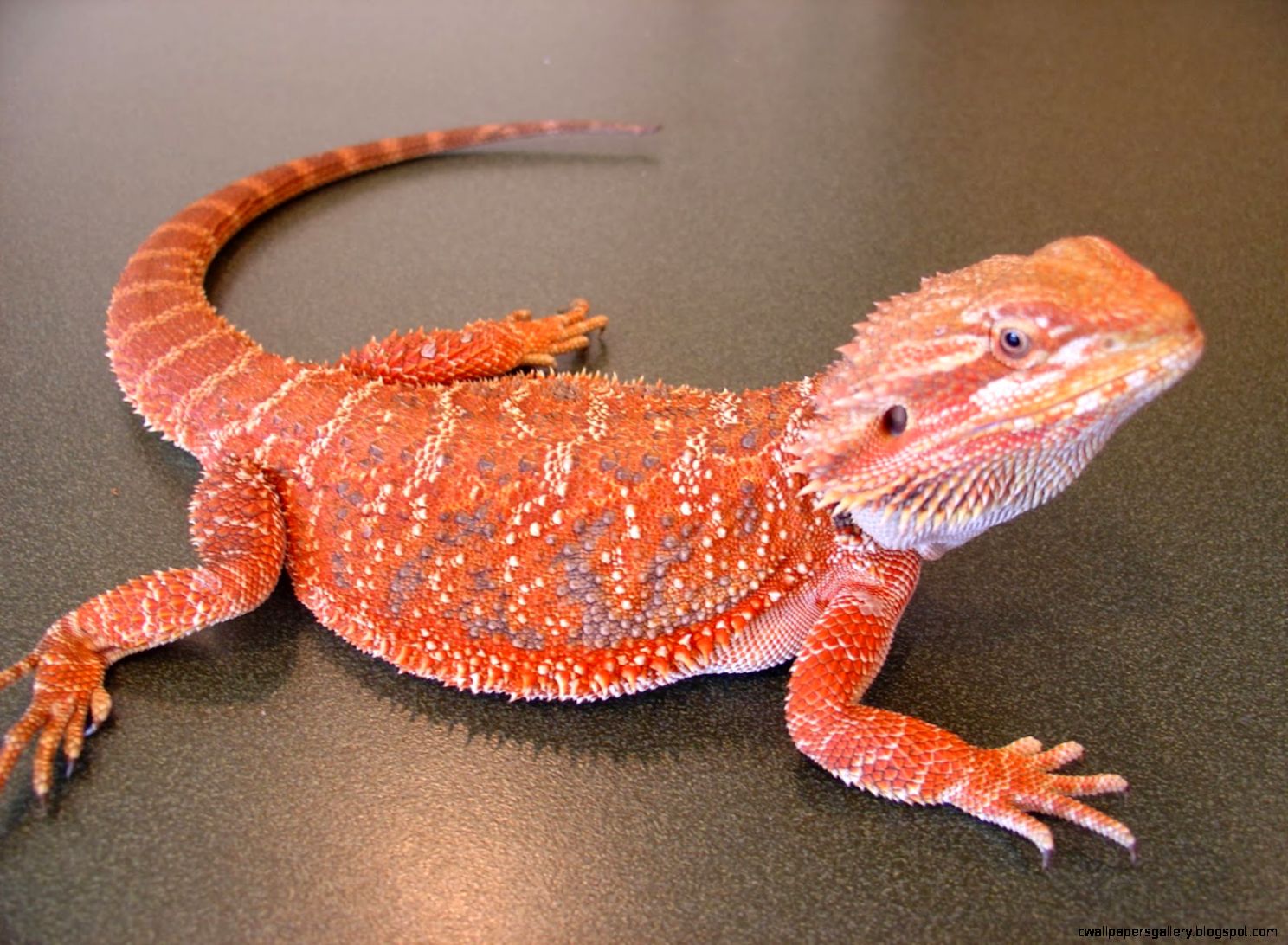The Ultimate Guide to Adult Bearded Dragon Diet: What to Feed and What to Avoid
Introduction
Bearded dragons are one of the most popular pet reptiles around. They are known for their friendly nature, unique appearance, and low-maintenance care requirements. However, as with any pet, the key to keeping them healthy and happy is providing them with a balanced and nutritious diet.
In this article, we will be discussing the ideal adult bearded dragon diet, including what to feed and what to avoid. Whether you are a new owner or have had your bearded dragon for a while, this guide will help you provide your pet with the best possible nutrition.
What Do Adult Bearded Dragons Eat?
Adult bearded dragons are omnivores, meaning they eat both plants and animals. In the wild, their diet consists of insects, small rodents, and a variety of vegetables and fruits. To mimic their natural diet, you should aim to provide your pet with a balanced mix of protein, vegetables, and fruits.
Protein
Protein should make up around 25-30% of your bearded dragon’s diet. The best sources of protein for bearded dragons are insects, such as crickets, mealworms, and roaches. You can also feed them occasional small rodents like mice or pinkie rats. However, be sure to avoid feeding your bearded dragon wild-caught insects or rodents, as they may carry parasites or diseases.
Vegetables
Vegetables should make up around 50% of your bearded dragon’s diet. Aim to feed them a variety of leafy greens, such as collard greens, mustard greens, and dandelion greens. Other vegetables such as squash, zucchini, and bell peppers can also be fed in small amounts. It is important to avoid feeding your bearded dragon vegetables that are high in oxalic acid, such as spinach and beet greens, as they can interfere with calcium absorption and lead to health problems.

Fruits
Fruits should make up around 20% of your bearded dragon’s diet. Good fruit options for bearded dragons include berries, melons, and papaya. However, fruits should be fed in moderation due to their sugar content. Too much sugar can lead to obesity and health problems.

What to Avoid Feeding Adult Bearded Dragons
There are several foods that should be avoided when feeding your adult bearded dragon. Some of these include:
Insects caught in the wild
As mentioned earlier, insects caught in the wild may carry parasites or diseases that can harm your bearded dragon. It is best to buy insects from a reputable supplier or breed your own.
High-fat foods
High-fat foods, such as fatty meat or dairy products, should be avoided as they can cause obesity and other health problems in bearded dragons.

Processed foods
Processed foods, such as canned fruits or vegetables, should be avoided as they may contain preservatives and other additives that can be harmful to your pet.
Toxic plants
Bearded dragons should never be fed toxic plants, such as avocado or rhubarb. These can lead to serious health problems and even death in some cases.
Conclusion
In conclusion, providing your adult bearded dragon with a balanced and nutritious diet is essential for their health and happiness. Aim to feed them a variety of protein, vegetables, and fruits, while avoiding high-fat foods, processed foods, and toxic plants. By following these guidelines, you can ensure that your pet lives a long and healthy life.

